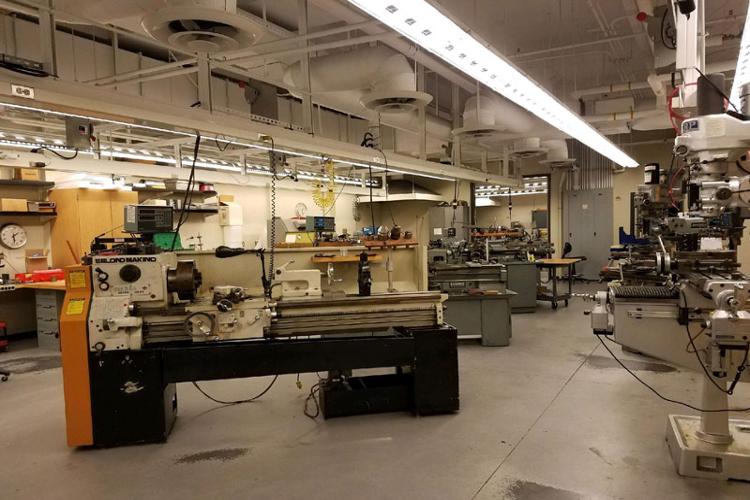Cursos Online: Revolutionizing Education for the Digital Age
In recent years, Cursos online (online courses) have become a revolutionary method of learning, transforming the traditional educational system. With the growing demand for flexible, accessible, and affordable education, online courses have offered a viable alternative to conventional in-person classes. Whether it’s gaining new skills, pursuing higher education, or exploring new fields, online learning platforms are providing opportunities for people of all ages and backgrounds to learn at their own pace, from the comfort of their homes.

One of the key advantages of cursos online is the flexibility they offer. Students no longer need to adhere to rigid class schedules or commute long distances to attend lessons. This flexibility allows individuals to balance their education with work, family commitments, or personal interests. Whether you’re a busy professional looking to upskill, a parent trying to balance childcare with learning, or someone simply seeking a hobby, online courses cater to a diverse range of needs. The convenience of accessing learning materials anytime, anywhere, has broken down the barriers that once made education less accessible.
In addition to flexibility, the affordability of cursos online has been a game-changer. Traditional education, especially in universities, can often come with high tuition fees, living expenses, and other associated costs. Online courses, on the other hand, typically come at a fraction of the price, with many platforms offering free or low-cost options. This has democratized education, enabling individuals from different financial backgrounds to pursue learning opportunities that would have otherwise been out of reach. Whether it’s a free course on coding or a paid certification in digital marketing, online learning has made education more inclusive and accessible.
The variety of subjects available through cursos online is another key factor driving their popularity. Platforms like Coursera, Udemy, edX, and LinkedIn Learning offer courses on a wide range of topics, from business and technology to arts and personal development. This vast array of options allows learners to explore their interests and gain expertise in areas that might not have been available in traditional educational settings. The diversity in course offerings also makes it easier for professionals to upskill or reskill in emerging fields such as data science, artificial intelligence, or cybersecurity.
Moreover, cursos online often provide a more personalized learning experience. Many platforms use artificial intelligence (AI) and adaptive learning technologies to tailor courses to individual learning styles and progress. This means that learners can receive customized feedback, recommendations, and resources based on their strengths and weaknesses. Such personalization not only enhances the learning experience but also leads to better retention and outcomes. Additionally, students can take advantage of interactive elements like quizzes, discussion forums, and peer reviews, further enriching the online learning environment.
Despite these numerous benefits, there are some challenges associated with cursos online. The lack of face-to-face interaction can sometimes lead to feelings of isolation or disengagement for certain learners. However, many platforms have introduced features such as virtual classrooms and live webinars to foster interaction and create a more communal learning experience. Additionally, self-motivation and discipline are crucial when learning online, as the freedom to learn at one’s own pace can sometimes lead to procrastination.
In conclusion, cursos online have revolutionized the way people approach education, offering flexibility, affordability, and a wide variety of learning opportunities. While there are challenges, the benefits far outweigh them, making online learning a powerful tool for personal and professional growth. As technology continues to advance, the future of online education looks promising, with more innovations set to further enhance the learning experience. Whether you’re looking to learn a new skill or advance your career, online courses are undoubtedly an invaluable resource in today’s fast-paced world.…

